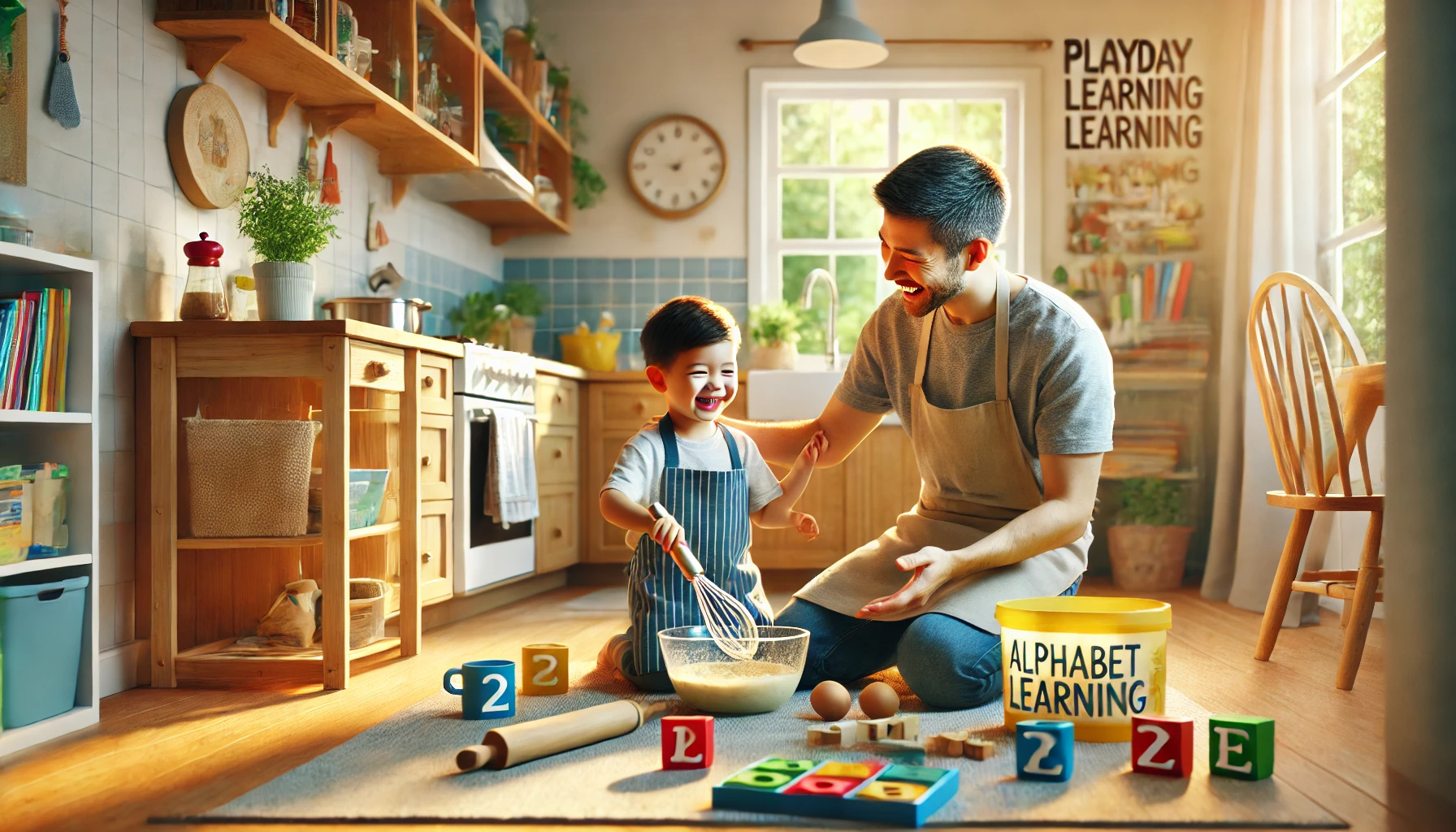Everyday life is full of opportunities to teach children important skills—without needing fancy materials or formal lessons. From brushing teeth to setting the table, simple tasks can become powerful learning experiences when approached with creativity and intention.
Turning daily routines into fun educational moments helps children develop independence, confidence, problem-solving abilities, and even early academic concepts like counting, sequencing, and vocabulary.
Let’s explore how to make everyday tasks both practical and playful, so your child learns while simply living life at home.
Why Daily Routines Are Powerful Learning Tools
Children thrive on routines. When you involve them in daily tasks, they:
- Gain a sense of responsibility and ownership
- Improve motor skills and coordination
- Develop language and communication
- Learn to follow steps and solve problems
- Strengthen their self-esteem through participation
The key is to turn these moments into engaging, hands-on experiences—not chores.
Fun Learning Activities from Daily Life
1. Cooking = Science, Math, and Language
Involve your child in preparing meals. Even toddlers can help with simple tasks like stirring, pouring, or picking ingredients.
Learning opportunities:
- Counting ingredients (math)
- Following steps (sequencing)
- Naming and describing foods (vocabulary)
- Observing changes (science): “What happens when we heat the pancake?”
👉 Let them “read” a picture recipe or help create their own illustrated version.
2. Laundry = Sorting, Matching, and Patterns
Turn laundry day into a color and shape exploration. Ask your child to:
- Sort clothes by color or size
- Match socks
- Create patterns with folded shirts
You can even play “laundry bingo” with items to find: “Can you find something red? Something with stripes?”
3. Cleaning = Teamwork and Responsibility
Give your child a spray bottle with water, a cloth, and a specific mission like wiping low surfaces or organizing toys.
Use songs, timers, or pretend play to make it fun:
- “You’re the super cleaner robot!”
- “Let’s see how many blocks we can put away in 30 seconds.”
Talk about the importance of caring for our home and shared spaces.
4. Getting Dressed = Sequencing and Independence
Letting children choose and put on their clothes helps build:
- Decision-making skills
- Understanding of weather and seasons
- Sequencing: what goes on first?
- Self-care and responsibility
Turn it into a game: “Can you dress like a superhero today?” or “Let’s race to get dressed with your favorite song!”
5. Grocery Shopping = Math and Language Adventure
Whether in a real store or during pretend play at home, grocery shopping can teach:
- Counting and number recognition
- Sorting by categories (fruits, snacks, drinks)
- Using descriptive language: “Which apple is bigger?”
- Reading food labels or signs
Give your child a small “shopping list” with pictures or words and let them help “shop.”
6. Bath Time = Sensory and Science Play
Bath time is perfect for water play and vocabulary development:
- Experiment with sinking vs. floating
- Use containers to pour, fill, and measure
- Name body parts and actions (“Let’s wash your elbow!”)
- Make up stories with bath toys
It’s also a calm moment to practice routine steps and hygiene.
7. Gardening or Watering Plants = Nature and Responsibility
If you have a garden or even a few indoor plants, let your child help water them and observe their growth.
Talk about:
- What plants need to live
- The different parts of a plant
- How to be gentle and caring
You can even keep a simple “plant diary” with drawings or photos.
8. Walking = Observation and Storytelling
Daily walks or outings become learning adventures when you encourage your child to:
- Notice sounds, colors, and shapes
- Count how many dogs or red cars you see
- Make up stories about people or animals you pass
You’re building language, attention, and imagination—all while getting fresh air.
Tips for Making Daily Tasks Engaging
- Use cheerful language: “Let’s go on a cleaning mission!” sounds more fun than “Clean your room.”
- Let them lead: Give your child choices and let them decide how to help.
- Celebrate effort: “You worked hard sorting the spoons!” reinforces their participation.
- Keep it playful: Sing songs, add props, or use silly voices to make tasks feel like games.
What Children Learn Without Even Realizing
When you invite children into daily tasks, they’re not just “helping”—they’re learning to:
- Follow instructions
- Work together
- Think critically
- Express themselves
- Appreciate teamwork and routine
These are foundational skills that will benefit them at school and in life.
Final Thoughts: Learning Happens Everywhere
You don’t need worksheets, screens, or expensive toys to teach your child. Life is the best classroom—and you are the best teacher.
With a little creativity and patience, every day becomes an opportunity for growth. Cooking breakfast? That’s math. Cleaning up toys? That’s sorting and sequencing. A walk in the park? That’s observation, conversation, and connection.
So go ahead—invite your child into your daily world. You’ll be amazed at how much they learn just by doing life with you.
